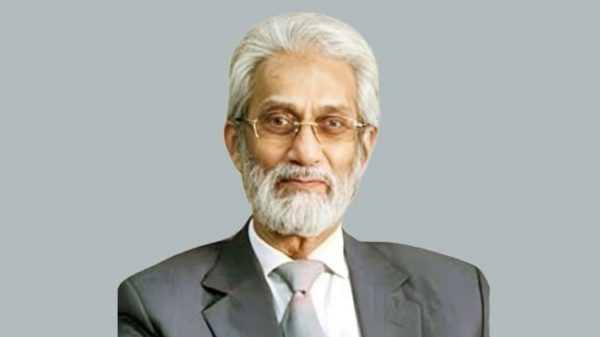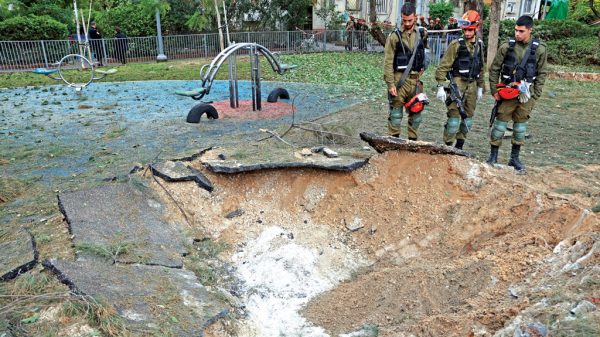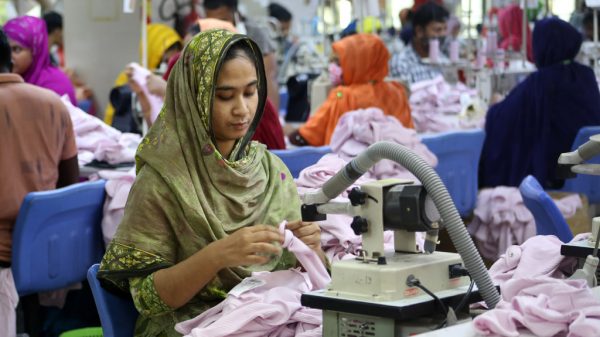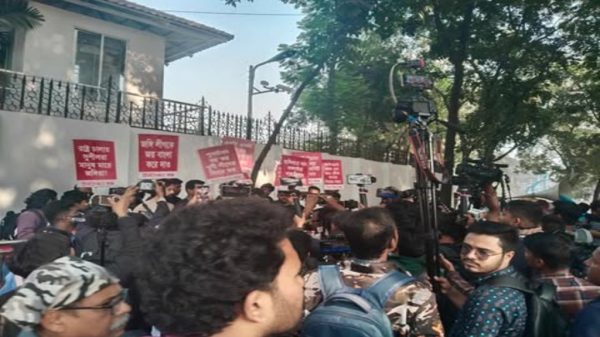Lower court pending cases surge to 35 lakh

Shawdesh Desk:
Many low-income individuals, unable to hire skilled lawyers, face long delays in getting justice while a staggering number of cases have been lying unsettled for years in lower courts, causing immense sufferings to those seeking the resolution of their cases.
There were over 35 lakh cases pending with the country’s 64 district courts as of December 31, 2022, according to latest Supreme Court statistics.
Of the cases, 7.61 lakh had been pending for trial for more than five years.
Admitting the fact, law minister Anisul Huq on Sunday told New Age that the increasing number of pending cases was a matter of concern as poor litigants suffer most due to the long delay in the settlement of cases.
‘We will investigate the reason behind the large number of pending cases with the courts,’ he added.
According to rights lawyer and Ain o Salish Kendra chairperson ZI Khan Panna, few courts and lawyers show less interest to conduct cases of the poor.
A lawyer has recently disclosed to New Age that a poor client of his, Nazrul Islam Dudu Mia of Dhawa Pikson village in Bogrua, who was arrested in 1993 in connection with an antique recovery case, died in 2019 without seeing justice. He was on bail.
Dudu’s lawyer Mahbubul Alam said that the highest punishment for his client could be a three-month prison term if he was found guilty of the antique transportation charge pressed against him.
But, the lawyer said, Dudu had been suffering as his trial did not come to an end.
Of the pending 35 lakh cases, over 7.69 lakh were civil suits while over 19.25 lakh were criminal cases, according to the SC statistics.
The statistics show that 9.31 lakh cases had been pending with magistrate courts, with over 78,000 cases lying unresolved for more than five years.
Besides, over 1.50 lakh cases had been pending for investigation, the statistics show.
According to the statistics, 13,76,625 cases were disposed of while 14,70,919 new cases were filed between January 1 and December 31 of 2022.
The number of pending cases with lower courts was 12.35 lakh before the judiciary was separated on November 1, 2007, according to the Supreme Court Annual Report 2007.
Former district and sessions judge Ikteder Ahmed, who was the SC registrar at the time of judiciary separation, told New Age on Monday that the judiciary was separated from the executive with an objective, among others, that people would receive speedy justice as the constitution stipulates.
‘But the backlog of cases has almost trebled now, compared to 2007,’ he added.
Ikteder blamed the lack of monitoring on the part of the Supreme Court had caused the huge backlog of cases.
Now there are 1,850 trial judges and each judge needs to dispose of 1,892 pending cases.
The number of lower court judges is now 2,013, of whom 1,850 are assigned in courts while 163 others have been on deputation to various government entities, according to a Supreme Court official.
In 2007, there were 927 lower court judges while the number of pending cases with each judge was 1,332.
The disposal rate for civil cases was 91.86 per cent in the period between January 1 and December 31 of 2022 while the rate for criminal cases was 94.32 per cent, said Saifur, also the spokesman of the Supreme Court.
Appellate Division registrar Mohammad Saifur Rahman told New Age that the disposal rate was higher than the rate of filing new cases in the period.
The backlog of cases could be brought down to a tolerable level in five to six years if the disposal rate could be increased to 125 to 130 per cent, said chief justice Hasan Foez Siddique while inaugurating the restrooms for justice seekers at the Manikganj District and Sessions Judge court on June 26.
The chief justice said that the disposal rate for pending cases went down during the Covid pandemic.
The antique recovery case against Dudu and his neighbour Abdul Karim Dulal, an electrician, has been dragging with Dhaka courts for some two decades.
According to the case statement, Dulal, now 55, was a worker at Diamond Shoe Factory at Mohakhali in the capital in 1993. He used to live in a mess near Mohakhali wireless gate in the city.
Dudu transported an antique idol from Bogura to Dhaka for smuggling abroad.
The Criminal Investigation Department on May 23, 1993 seized the antique and arrested Dulal first and later Dudu in connection with smuggling the item.
Dulal was freed on bail after being in jail for one month while Dudu died in 2019 waiting for the resolution of the case.
The case is now pending with the Dhaka Special Court-1 Judge for recording depositions of prosecution witnesses.
The court on June 4 set July 6 for the depositions of the prosecution witnesses.
A total of 10 prosecution witnesses who include five CID officers, an executive magistrate and four workers of Diamond Shoe Factory turned up in the Special Court-1 on Sunday, the present trial court, to give depositions.
The case was first tried by the executive magistrate court in 1994. In 1998, the case was transferred to the Dhaka Metropolitan Sessions Judge Court as the magistrate had no authority to hold the trial in the antique transportation case.
The case was later transferred to the Dhaka Special Court-1.
Lawyer Mahbubul said that there was no specific allegation against Dulal as the principal smuggling accused was Dudu.
Section 23 of the Antiquities Act-1968, under which Dulal and Dudu were arrested and prosecuted on May 23, 1993, prescribes imprisonment for maximum three months on charge of transporting antiquity from one place to another.
Lawyer Panna remarked that Dulal might not have suffered for 29 years in the case had he been an influential person.
He blamed successive governments for the backlog of cases as there is no mechanism to stop false prosecution.
Law minister Anisul Huq said that the government took many steps, including the appointment of judges and the construction of new court buildings to reduce backlog cases.
Former judicial magistrate Azizur Rahman Dulu told New Age that the number of pending cases could be prevented had the courts punished plaintiffs for filing false cases.
Dulu, who is now a Supreme Court lawyer, said that 70 per cent of those accused of criminal offences were being acquitted in trial, but the judges did not give any punishment for the false prosecution. No action for false prosecution encourages people to file false cases again, he added.
He said that lawyers, their clerks and judges were equally responsible for protracted trials of cases.
‘Although the law prescribes no adjournment during a trial, the provision is flouted,’ Dulu further said.
He remarked that an adjournment was not given in a case which the government wanted to expedite.
Former district judge Masder Hossain said that the backlog of the cases had been increasing as judges were not using their court hours properly.























Leave a Reply